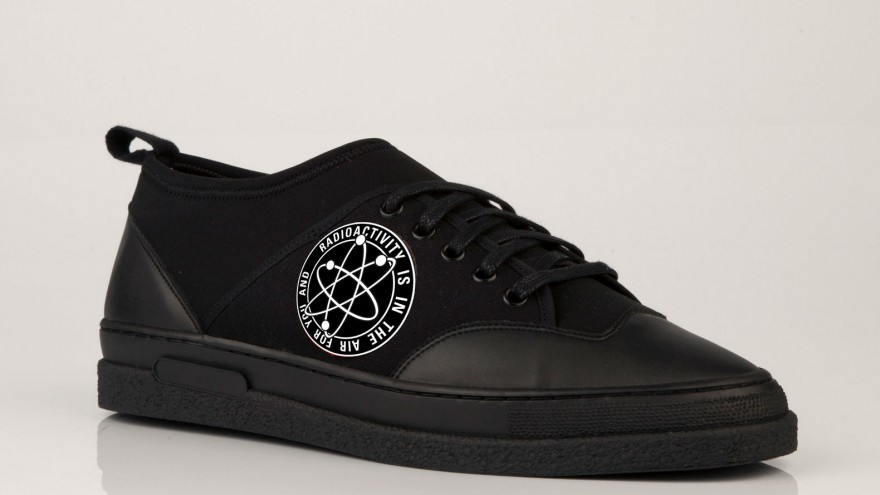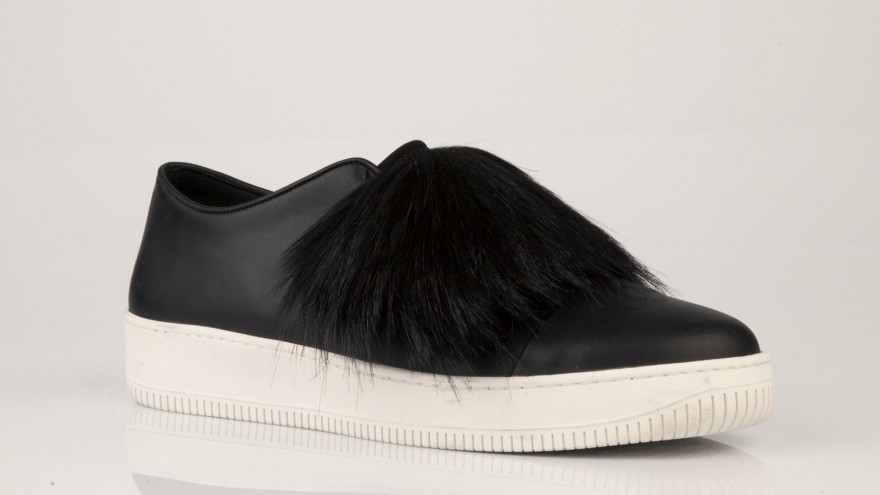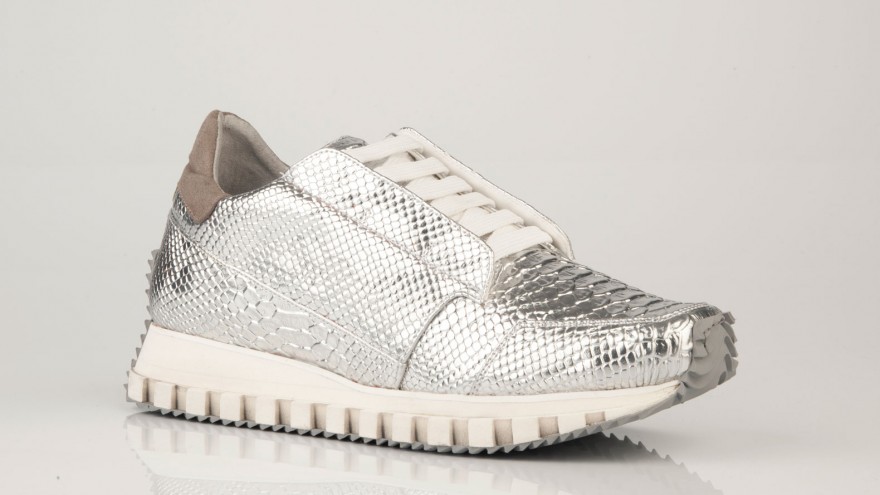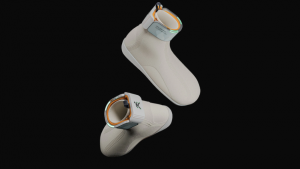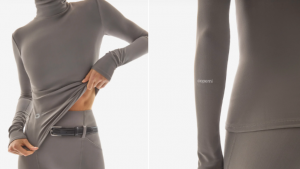Leather products are often equated with luxury, but most consumers are oblivious to the hazards associated with leather production and in particular, its toxic impact on the environment and human health. With an increased awareness around the topic, more alternative leather companies are cropping up to counter the leather industry’s harmful tannery methods. One such company is plant-based leather shoe brand, Rombaut created by Belgian designer and longtime vegan Mats Rombaut.
Rombaut’s high fashion Parisian brand uses a variety of “eco-leathers” in its designs. The leathers are derived from fig trees, tapa bark, coconut fibre, potatoes or even natural rubber trees from the Amazon rainforest. Its latest line of sneakers is fabricated from Piñatex, a biodegradable and compostable textile made from pineapple leaves grown in the Philippines.
Produced in the Philippines by textile company Ananas Anam, the material is the first to receive a “PETA-Approved Vegan” logo for supplying the fashion industry with sustainable vegan leather. The material was originally inspired by a traditional Filipino shirt made from pineapple leaf fibres.
The discarded leaves go through a process where fibres are extracted from the leaves and then stripped of gum residue. At this point, the raw material enters an industrial process for its final stage of production. The type of methods used during this industrial process are not disclosed on the company’s website but it does say that “both the extraction of the fibres and the consequent bio-mass will bring added revenue stream to the farming communities.”
The vegan leather has been labelled “super-sustainable” as no additional resources, pesticides or fertilisers are used to cultivate the pineapples that produce the leafy fibres.
From a designer’s perspective Rombaut maintains that the textile has a leather-like feel and it “easy to work with and also very strong, which makes it durable.” His Piñatex collection features a range of different shoe styles that also incorporate rubber-coated cotton, laser-cut wood and synthetic leathers.
While these sorts of fabrics have been spearheaded as the way forward for sustainable fashion, there are always pros and cons of synthetic or natural fibre-based materials concerning land use, pesticides and product lifecycle.

